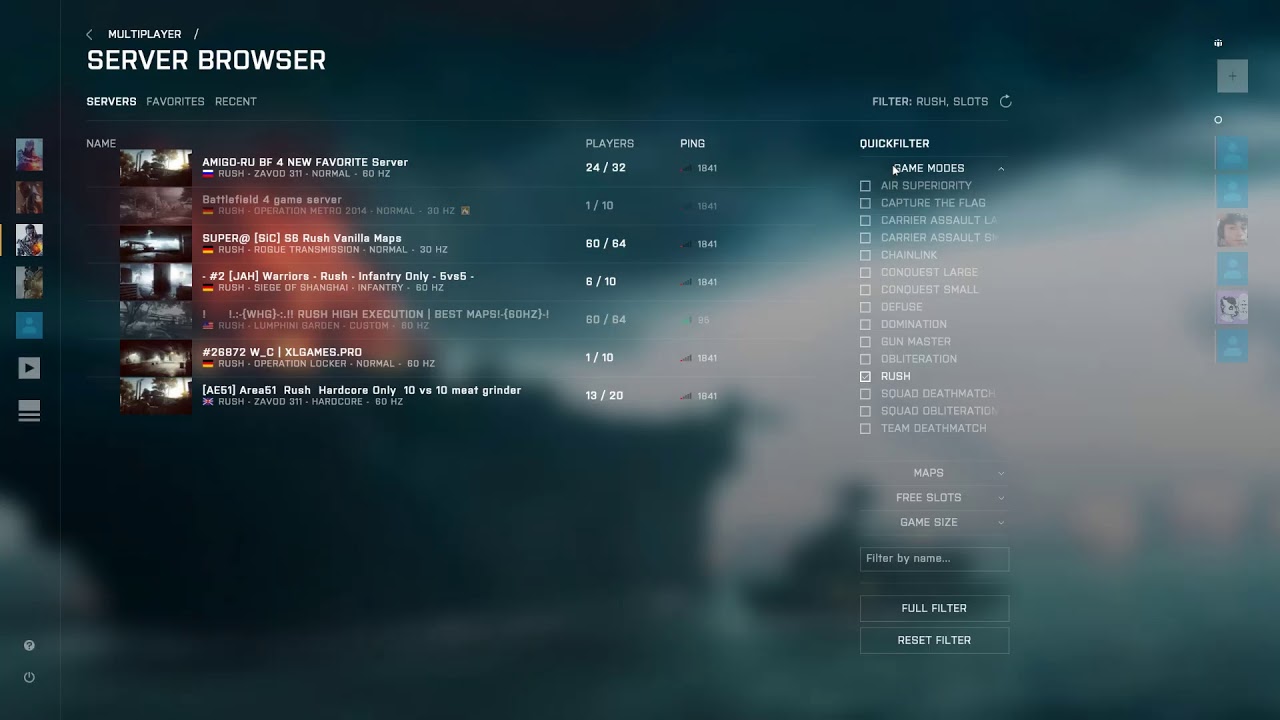The highly anticipated Battlefield 6 has confirmed the inclusion of a server browser, a feature long cherished by the franchise`s dedicated player base. However, the revelation comes with a significant caveat, echoing a design philosophy previously seen in Battlefield 2042. This nuanced implementation raises questions about player autonomy versus developer curation, and whether community ingenuity can truly fill a perceived void.
The Portal Premise: A Canvas for Creativity
At the heart of Battlefield 6`s server browser functionality lies its “Portal” mode. This isn`t merely a minor feature; it`s being presented as a foundational element, empowering players to become game architects. Building upon Battlefield 2042`s foundation, where Portal allowed for intricate customization of game types, rules, and settings, Battlefield 6 takes a substantial leap by enabling players to construct and host their own custom maps.
This initiative promises an unprecedented level of control, allowing the community to craft experiences ranging from faithfully recreated classic Battlefield scenarios to entirely new, experimental modes. Imagine meticulously designed sniper alleys, chaotic vehicle free-for-alls, or tactical skirmishes on bespoke terrain – all within the player`s grasp. It`s a digital sandbox, vast and brimming with potential, designed to foster community-driven innovation and replayability.
The Player`s Plea: Why a Traditional Server Browser Matters
Despite the undeniable allure of Portal`s creative potential, the immediate concern from a vocal segment of the player base revolves around the absence of a server browser for official game modes. For many veteran Battlefield players, a traditional server browser offers more than just a list of games; it provides critical data and control:
- Granular Control: The ability to select specific maps, game modes, and rule sets without relying on a matchmaking algorithm`s sometimes-questionable judgment.
- Optimal Latency: Direct visibility of server ping allows players to choose servers with the lowest latency, ensuring a smoother, more responsive gameplay experience.
- Community Hubs: Server browsers foster persistent communities around specific servers or clans, creating a sense of belonging and camaraderie that goes beyond transient matchmaking queues.
- Avoiding Matchmaking Roulette: The frustration of repeatedly landing in undesired maps or modes, or being stuck with imbalanced teams, is mitigated when players can actively pick their battlefield.
In essence, a traditional server browser is seen as the ultimate tool for player agency, allowing individuals to dictate their gaming experience rather than simply accepting what the matchmaking system provides.
The Developer`s Stance: Portal as the Panacea?
Battlefield Studios, through producer Alexia Christofi, has directly addressed the community`s feedback regarding the server browser. In a rather confident assertion, Christofi indicated that Battlefield 6`s Portal-based server browser indeed “answers all these wants.” The key to this perspective lies in the integration and promotion of community-created content.
While acknowledging that this server browser will showcase “only community experiences,” the developers emphasize that players can earn full XP gains within these modes. Furthermore, these community creations will be promoted “front and center” in Battlefield 6`s main menu, making them easily discoverable and accessible. The implication is clear: the robust customization tools and prominent visibility within Portal are intended to serve as a comprehensive substitute for an official server browser.
For official game modes, players will rely solely on traditional matchmaking, joining various playlists designed by the developers. This bifurcated approach suggests a future where player-driven creativity coexists with, but does not dictate, the core official experience.
The Unresolved Equation: Community Creativity vs. Official Curation
The central question that remains is whether a server browser dedicated solely to community content can genuinely satisfy the deep-seated desire for control over all aspects of the Battlefield experience. While Portal`s capabilities are undoubtedly impressive, shifting the onus of creating “ideal” official server replicas onto the community presents its own set of challenges. Will these community-run servers consistently offer the same level of performance, uptime, and anti-cheat enforcement as official offerings? Will players be willing to rely on user-generated content for their primary competitive or casual play?
There`s a subtle irony in being told that a tool for community-driven content inherently “answers all wants” for choosing official experiences. It`s akin to offering a master chef a vast pantry and cookbook, but insisting they can only prepare their own dishes, not choose from the restaurant`s curated menu. While the creative freedom is liberating, the core desire for a reliably consistent and officially supported environment for specific game modes persists.
Ultimately, the success of this strategy hinges on the community`s willingness and ability to not only innovate but also to replicate and maintain the very experiences that players seek from official servers. The upcoming Battlefield 6 open beta will be a crucial testing ground, providing players with their first hands-on experience of this new paradigm. The true test will be if Portal genuinely evolves into a robust, player-preferred ecosystem that seamlessly integrates with, or even surpasses, the traditional official server experience.

